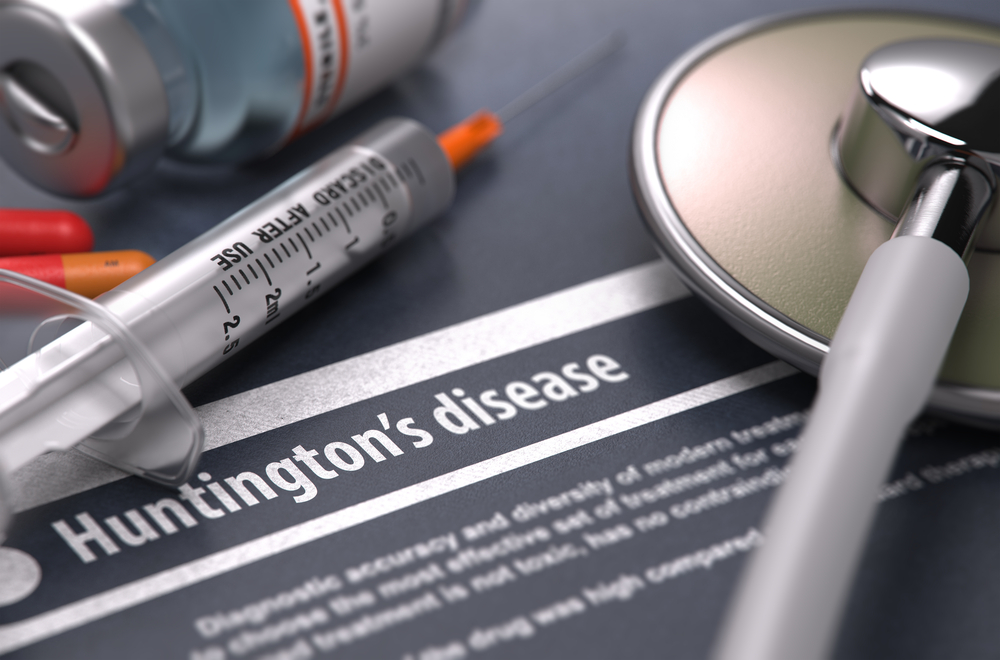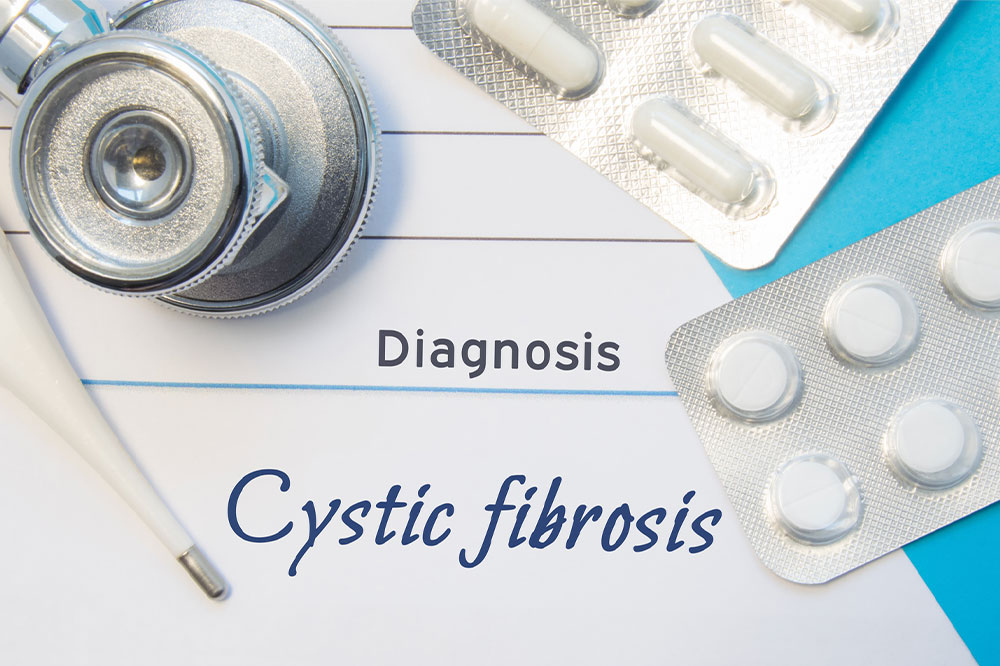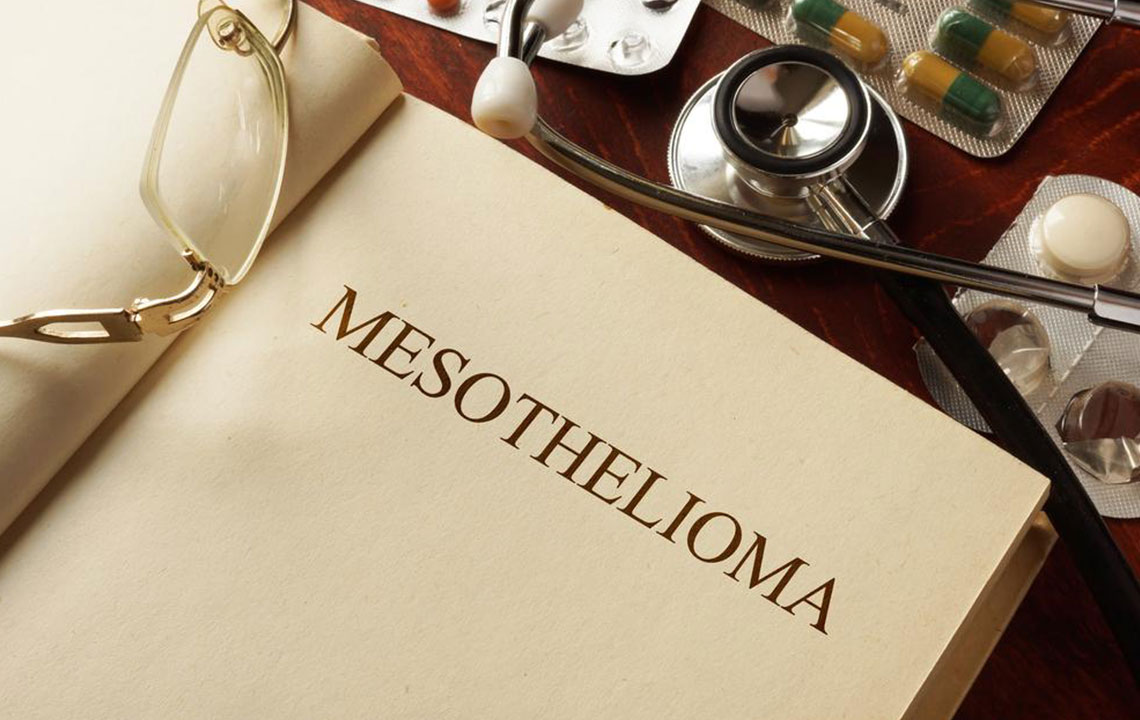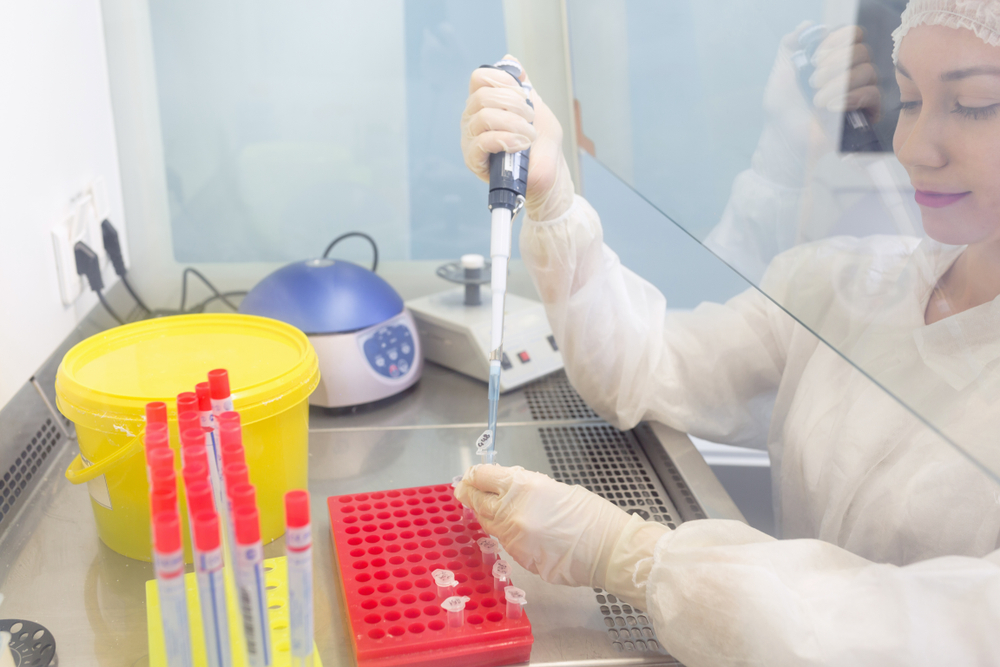Top Centers for Huntington’s Disease Diagnosis and Care
Explore top Huntington’s disease treatment centers offering expert diagnostic and management services. Learn about where to get tested, available resources, and specialized care to support affected families. These centers provide multidisciplinary care to improve quality of life despite the absence of a cure.
Sponsored

Leading Facilities for Huntington’s Disease Support and Diagnosis
Detecting Huntington’s disease can be challenging due to its vague symptoms. Doctors often require comprehensive testing, including genetic analysis, to confirm the condition. Families frequently wonder where to get tested for Huntington’s disease. It’s a progressive brain disorder impacting motor skills, movement, and mental functions. Symptoms include involuntary jerks, coordination issues, and mood swings, along with sensory and psychiatric problems.
Should you consider predictive testing for Huntington’s disease?
If relatives have the disease, testing is advised for family members.
Diagnosing the disease does not provide a cure, as it’s a genetic condition without current effective treatment.
However, management strategies are available to improve quality of life.
Knowing where to get tested for Huntington’s disease is crucial for accurate diagnosis and management planning.
Where can reliable information about Huntington’s be obtained?
The Huntington’s Disease Society of America oversees specialized centers known as HDSA Centers of Excellence.
These centers offer multidisciplinary care with experts including neurologists, psychiatrists, counselors, and therapists.
With 43 locations nationwide, they provide top-tier support.
Patients gain access to experienced healthcare professionals dedicated to managing this complex disease.
Families seeking testing or care should consider visiting these centers for comprehensive assistance.
Locations of these centers include:
Beth Israel Deaconess Medical Center
Albany Medical College
Columbia University/NYS Psychiatric Institute
Cleveland Clinic
Emory University
Dartmouth-Hitchcock Medical Center
Duke University
Indiana University
Georgetown University
Johns Hopkins University
Hennepin County Medical Center
Massachusetts General Hospital
Ochsner Health System
Northwestern University
Ohio State University
Rush University Medical Center
Rocky Mountain Movement Disorders Center
Stanford University
University of California, Davis
University of Alabama at Birmingham
University of California, San Diego
University of California, Los Angeles
University of Colorado
University of California, San Francisco
University of Florida
University of Louisville
University of Iowa
University of Nebraska Medical Center
University of Pittsburgh Medical Center
University of Pennsylvania
University of South Carolina School of Medicine
University of Rochester
University of South Florida
University of Texas Health Science Center-Houston
University of Tennessee Health Science Center-Memphis
University of Utah
University of Virginia
UVM, Parkinson’s & Movement Disorders Center
University of Washington
Vanderbilt University Medical Center
University of Wisconsin-Madison
Washington University School of Medicine
Virginia Commonwealth University
These specialized centers provide expert care and guidance for families dealing with Huntington’s disease.
For testing, it’s advisable to choose the closest facility, often guided by your healthcare provider’s recommendation, based on individual needs.
Experts’ insights ensure appropriate management and support.
Additional partners offering expert care include:
Cole Neuroscience Center at University of Tennessee Medical Center
Oregon Health & Science University
Kaiser Permanente, Oakland
University of Tennessee, Erlanger Health System
University of Alabama
University of Mississippi Medical Center
What makes these centers stand out?
Since Huntington’s disease currently has no cure, diagnosis can be emotionally overwhelming.
These centers are equipped with comprehensive diagnostic tools and counseling services before conducting genetic tests.
They provide vital resources and information to support both patients and their families through the process.






